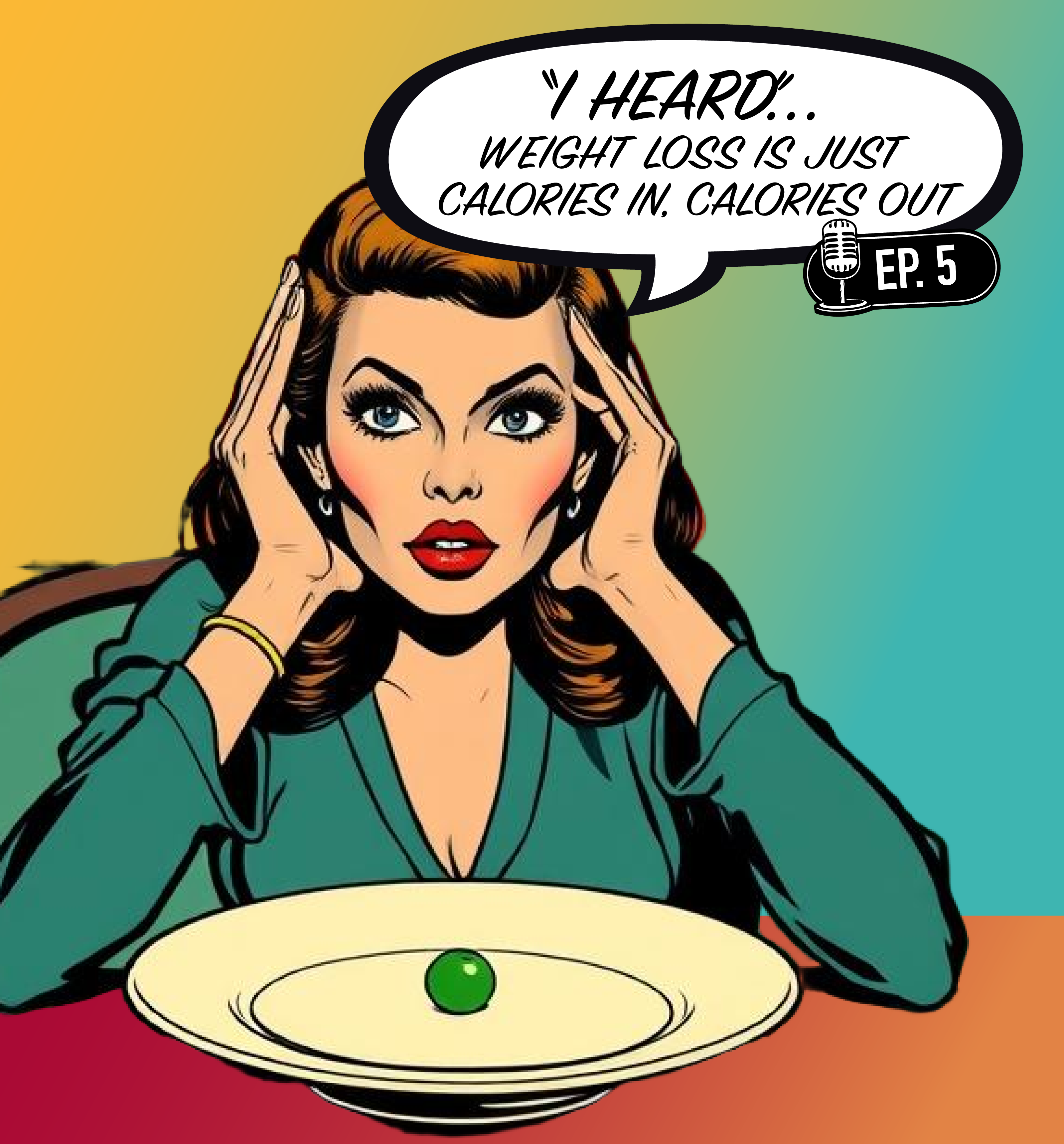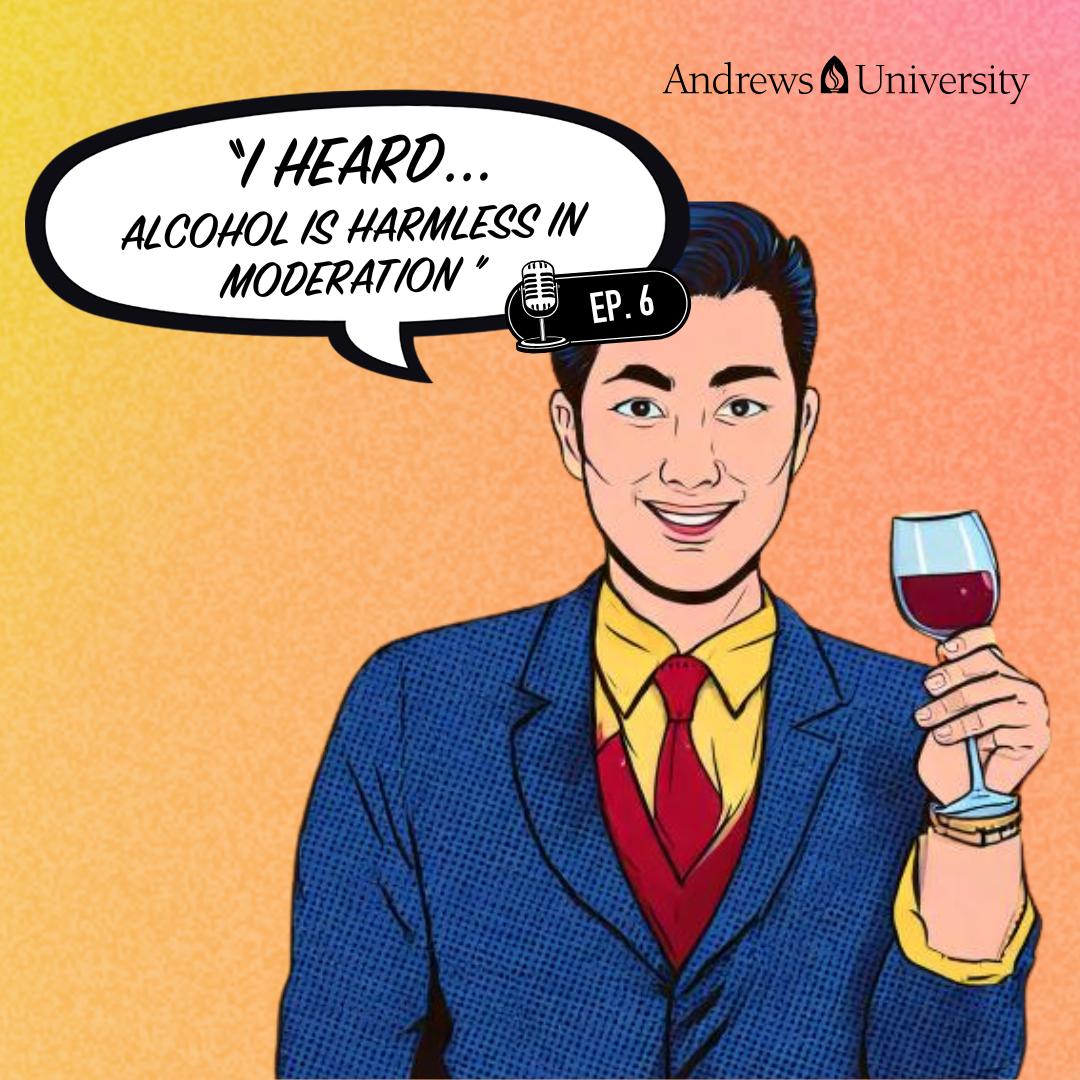Today we’re exploring one of the most accepted—and yet misleading—concepts in weight management: “Weight loss is just calories in versus calories out.” On paper, it sounds like simple math—consume fewer calories, move more, and the pounds will vanish. But recent research tells us the math is a bit more complicated. In this episode, we’ll trace the origins of calorie counting, uncover the science that is reshaping our understanding of metabolism, examine the policy decisions that cemented the calorie myth, and finally explore what these insights mean for the numbers on your scale. Let’s dive in and unpack why the “calories in, calories out” mantra doesn’t quite tell the whole story.
The Origins of Calories In vs. Calories Out
To understand how calorie counting became the foundation of diet culture, we need to go back to the early 20th century, to Dr. Lulu Hunt Peters and her groundbreaking book, Diet and Health with a Key to the Calories. Peters was one of the first American women to earn a medical degree, and in 1918, she introduced the idea that tracking calories could control weight. Her book took a scientific approach, promoting the idea of weight management through calorie accounting—a concept that was revolutionary at the time.
However, it’s worth noting the social context: World War I was in full swing, and food rationing was a reality for many. Peters’ approach appealed to a society looking for ways to manage limited resources. For her, counting, saving, or “spending” calories became a form of currency. Millions of people bought her book, and calorie counting became a part of American diet culture.
Decades later, calorie control was still central to weight management, yet obesity rates were steadily rising. If this “calories in, calories out” formula was effective, why was it failing to yield the promised results? This is the question we’re still grappling with today.
Metabolic Misunderstanding
The intricacy of metabolism demonstrates why the simple equation of “calories in, calories out” is not a complete explanation. Yes, a calorie deficit is essential for weight loss, but the body doesn’t respond in a simple, predictable way. Restrictions in calories can slow down the metabolism, our bodies’ process of converting food into energy. Over thousands of years, humans evolved this “metabolic adaptation” as a survival mechanism to withstand food shortages. This adaptation means that even as we eat less, our bodies might start burning fewer calories, making long-term weight loss harder.
Different foods also affect the body in unique ways. For example, protein has a higher “thermic effect” than fats or carbs, meaning it burns more calories during digestion. So, while 100 calories from protein and 100 calories from sugar might look the same on a label, they impact the body differently.
Hormones add yet another layer to this complexity. Foods high in refined sugars can disrupt insulin, a hormone that regulates blood sugar and fat storage. When insulin levels spike frequently, the body can become more efficient at storing fat rather than burning it, making weight loss more challenging. Diets high in sugar and refined carbs can also disrupt other hormones like leptin and ghrelin, which signal hunger and fullness.
Then there are health conditions like hypothyroidism, polycystic ovarian syndrome (PCOS), and insulin resistance, all of which make losing weight even harder. These conditions affect hormones and metabolic rate, making it difficult for the body to burn calories as efficiently. When people with these conditions follow traditional calorie-cutting methods, they may find that the weight doesn’t come off as expected, often adding to their frustration.
So, while calories play a role, they’re only part of a bigger, interconnected picture involving food types, hormones, health conditions, and even environmental factors—like the chemicals from plastics—that interfere with metabolism.
Policy and the Persistence of the Calorie Myth
If we know that metabolism is more than simple calorie math, why does “calories in, calories out” still dominate? Much of it comes down to public policy and diet culture.
Let’s rewind a bit. After Dr. Lulu Hunt Peters popularized calorie counting, government health agencies in the mid-20th century began promoting calorie control as a weight management strategy. Food labels began to display calorie counts by the 1980s, and people began to view tracking calories as the key to weight control. It was a simple message that fit perfectly with an industry eager to profit.
And they made a profit. This focus on reducing calories paved the way for the marketing of “diet” products, such as low-calorie snacks, diet sodas, and sugar-free options, as weight-loss solutions. However, these products frequently contained sugars, artificial ingredients, or additives that did not promote long-term health. While a diet soda might save calories, it wasn’t necessarily better for our bodies. These products became dietary staples, and “low-calorie” became synonymous with “healthy,” even when that wasn’t the case.
In recent years, research has shown that the quality of what we eat—whole foods like fruits, vegetables, and lean proteins—matters more than just cutting calories. Yet, the calorie myth remains deeply embedded in both health policy and our culture.
And now, calorie-tracking apps have added another dimension, with millions of people tracking their intake down to calories. But studies have shown that using these apps, especially for weight and body shape goals, is associated with higher risks of disordered eating symptoms—such as food anxiety, all-or-nothing thinking, and food preoccupation. For some, these apps might feel helpful, but they can also reinforce restrictive eating behaviors and rigid thinking about food.
So here we are, slowly moving away from an outdated myth that cutting calories alone is the answer to health and weight control. Science shows us there’s a more balanced, sustainable way. But breaking free from this calorie-centered approach will take time—and it starts with reshaping public policy and cultural ideas of what “healthy” really means.
If calories aren’t the only answer to weight management, what is? Research points to a more sustainable approach that goes beyond math and calorie counts. It’s about the bigger picture: nourishing foods, movement, managing stress, and prioritizing sleep.
Moving Beyond Calories
Whole, nutrient-dense foods like lean proteins, fruits, and vegetables support our energy and help keep us full, which naturally promotes a healthier weight. Sleep and stress are surprisingly powerful factors, too. Lack of sleep disrupts hunger hormones like leptin and ghrelin, which can increase cravings, particularly for high-sugar foods. Quality sleep helps keep these hormones in balance, making it easier to manage appetite.
Stress also plays a huge role. Stress triggers our bodies to release cortisol, a hormone known to promote fat storage, particularly in the abdominal region. Chronic stress keeps cortisol levels high, which can drive cravings and lead to overeating. Incorporating stress management techniques—like mindfulness, physical activity, or simply taking regular breaks—can lower cortisol levels and support a balanced approach to weight management.
And then there’s movement. Building muscle through activities like strength training doesn’t just shape our bodies; it boosts our metabolism, helping us burn more calories even at rest. This balanced approach is freeing—no more obsessing over numbers or calorie math. Instead, we focus on what genuinely nourishes us, bringing about benefits that extend beyond the scale and into our daily lives.
Moving beyond calories means we can prioritize how we feel over numbers, embracing a more sustainable, holistic path to health that supports both our bodies and minds.
Conclusion
Well, friends, that wraps up our deep dive into the “calories in, calories out” myth. I hope this episode helped you see weight management from a new perspective! I’d love to know: what’s one thing about metabolism or weight management that surprises you?
If you enjoyed this episode, please subscribe, leave a review, and share it with a friend. And don’t forget to follow us on Instagram at @IHeard.podcast.health for more myth-busting content. In our next episode, we’re joined by addiction expert Dr. Duane McBride to explore another hot topic: “I Heard… Alcohol is Harmless in Moderation.” What if even just a shot is too dangerous? Until then, stay curious, stay healthy, and keep listening—you never know what you’ll hear next!






Leave a Reply